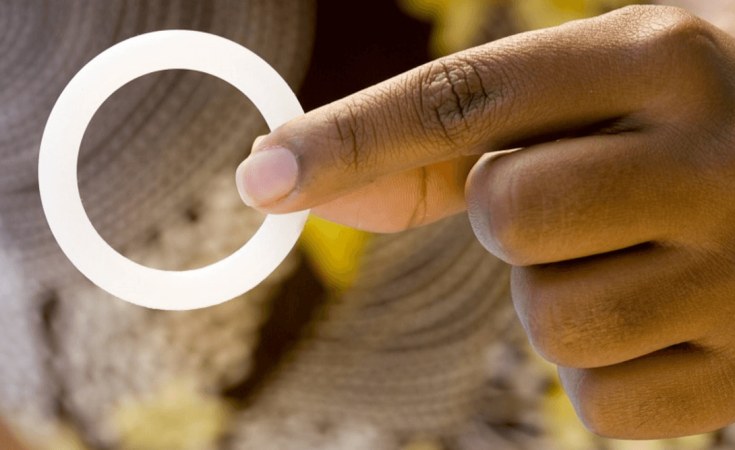Nairobi — The Ministry of Health has launched the use of vaginal rings among women in an effort to stop the spread of new HIV infections.
Speaking at the launch of the Catalyst Study Program in Kisumu on Monday, Health Director General Patrick Amoth said teenage girls and young women account for almost a third of all new infections and Kenya needs to adapt local technologies to aid in HIV prevention.
The Catalyst Study Program, titled "Catalyzing access to new prevention products to stop HIV," focuses primarily on adolescent girls and young women in order to limit the spread of the HIV/AIDS epidemic.
"Ours is now to prioritize how we can put more investment into HIV prevention and other public health inventions but also to be able to develop inventions that will be able to give us more health according to every shilling that we spend in these activities and you know in preventive when you spend one dollar then you are able to save 14 dollars," Amoth said.
He further indicated that Kenya's donor funding for HIV-related programs has declined from 32 percent in the last decade to 18 percent in 2021, prompting the need to activate local innovations to manage the HIV/AIDS epidemic.
Since there is currently no HIV vaccine in development, researchers are instead focusing on other breakthroughs like injectable PrEP and vaginal rings that they hope may lead to more effective HIV preventive and treatment options.
In a 5-year study that will be conducted across six facilities in Kisumu, Nairobi and Mombasa counties, women aged 18 and above will be issued with a vaginal ring.
The ring is made of flexible silicone and continuously releases the anti-HIV drug dapivirine in the vagina.
The user replaces the long-acting product herself once a month offering protection against HIV.
"Infections have been rising especially among the youth and the adolescent population and therefore we need to do this study to inform us in terms of policy development and also new interventions that we need to put in place in order to break the cycle of new HIV infections," Amoth stated.
The Catalyst Program Manager in Kisumu County, Patricia Jeckonia, claimed that the program encourages the exploration of new approaches and strategies for preventing the spread of HIV among young girls as a vaccine to cure the virus has not yet been developed.
"We are trying to look at a product which can prevent pregnancy and prevent HIV because we are seeing a lot of young women being more afraid of getting pregnant than contracting HIV," she said.
"There is also the injectable that is long term we are looking at almost every six months that is currently being tried out there are also pills that are coming so we have quite a lot that we still have in the pipeline."
The rings will be available in the six earmarked facilities by end of June after they receive clearance from the Kenya Pharmacy and Poisons Board.
World Health Organization (WHO) recommended that the dapivirine vaginal ring (DPV-VR) be offered as an additional prevention choice for women at substantial risk[1] of HIV infection as part of combination prevention approaches.
WHO stresses that when providing HIV prevention services for women it is important to provide these alongside other services including the offer of other HIV prevention choices, STI diagnosis and treatment, the offer of voluntary partner services, HIV testing and links to antiretroviral therapy for all women who test positive, and a range of contraception options.


